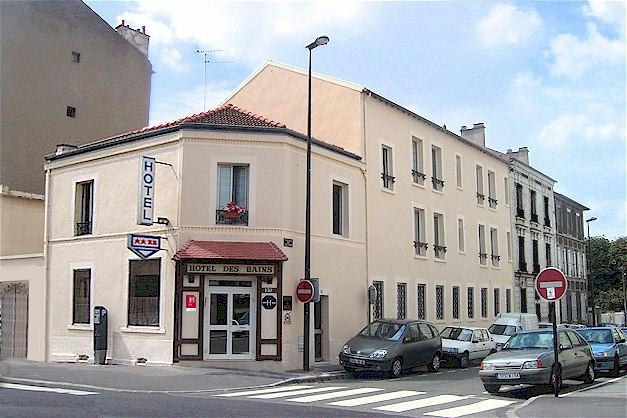COVID-IHU #14
Version 1 du 14 Mai 2020
High speed large scale automated isolation of SARS-CoV-2 from clinical samples using miniaturized co-culture coupled with high content screening
Rania Francis, Marion Le Bideau, Priscilla Jardot, Clio Grimaldier, Raoult Didier, Jacques Yaacoub Bou Khalil and Bernard La Scola
Abstract :
SARS-CoV-2, a novel coronavirus infecting humans, is responsible for the current COVID-19 global pandemic. If several strains could be isolated worldwide, especially for in-vitro drug susceptibility testing and vaccine development, few laboratories routinely isolate SARS-CoV-2. This is due to the fact that the current co-culture strategy is highly time consuming and requires working in a biosafety level 3 laboratory. In this work, we present a new strategy based on high content screening automated microscopy (HCS) allowing large scale isolation of SARS-CoV-2 from clinical samples in 1 week. A randomized panel of 104 samples, including 72 tested positive by RT-PCR and 32 tested negative, were processed with our HCS procedure and were compared to the classical isolation procedure. Isolation rate was 43 % with both strategies on RT-PCR positive samples, and was correlated with the initial RNA viral load in the samples, where we obtained a positivity threshold of Ct. Co-culture delays were shorter with HCS strategy, where 80 % of the positive samples were recovered by the third day of co-culture, as compared to only 25 % with the classic strategy. Moreover, only the HCS strategy allowed us to recover all the positive elements after 1 week of co-culture. This system allows rapid and automated screening of clinical samples with minimal operator work load, thus reducing the risks of contamination.


